I was contacted a couple of weeks ago by a journalist writing an article on online recovery. She sent me a bunch of questions via email and I answered them early one Saturday morning. Her name is Allie Holbrook and she’s a sober blogger & freelance writer living in Australia. Her blog ‘And Everything Afterwards’ is awesome.
Her article on online recovery has just been published on Substance.com – a very good addictions website. It’s called “How the Internet Has Revolutionized Sobriety” and opens with this: “An endless ‘sobersphere’ of bloggers and communities—whether used as a substitute for, or a complement to, in-person support—adds a whole new dimension to recovery from addiction.”
It’s very good.
The article explores in depth what all of us in the ‘sobersphere’ already know.. that you can find very powerful, tangible support for addictions on the internet. Online recovery is a growing phenomenon worldwide, and here in New Zealand we are incredibly lucky that government agencies are recognizing and responding to this growing trend.
Without the support of the Health Promotion Agency, The Drug Foundation and Matua Raki, Living Sober wouldn’t exist. You need to know that. These are the people behind this site. They are 100% supportive of what goes on here, they want to see kiwis struggling with addition get free, as do I! The fact that we’ve already cracked over 500 members is making us all so happy.
Substance.com have kindly allowed me to share Allie’s article here in full but I encourage you to check out their site. It’s full of great brain food.
===============
By Allie Holbrook:
In the last months of my drinking, I Googled “Am I an alcoholic?” more times than I can say. Even typing the words bathed me in hot shame, so I only did it late at night. After a bottle of wine.
My mind, back then, was colonized by thoughts about drinking: Do I drink too much? What if I can’t stop? Everything’s fine. I hate myself! I wonder if there’s any wine left at home… Should I stop at the liquor store?
It was lonely and terrifying, and I couldn’t see a way out. There was AA—but not in my tiny village. And in any case, the prospect of walking into a church and admitting my moral failings out loud, to strangers, was more than I could cope with. Given the choice between a basement and drinking, I chose booze every time.
But finally, one of my late-night Internet searches uncovered something new to me: A blog called Unpickled, written by a woman just like me. A woman who drank privately, had decided to get sober privately, and had turned to blogging to help her through it. I read the whole thing in one night.
It gave me hope—the first hope I’d felt in a long time. So the next time I decided to try to stop drinking, I started a blog of my own. And for the first time ever, I wrote down the things that I’d previously only ever admitted to myself at 2 am: how much I really drank; the damage alcohol was doing to my life; how powerless I felt.
I blogged through my early cravings, my grief and my tantrums. And slowly, I started to heal.
I’m five months sober now, and 36 years old. Blogging has given me insight into my own emotions, an avenue to work through uncomfortable feelings, and a crutch to support me when I wobble. But more than that, it has introduced me to a whole world of bloggers and online communities that I had no idea existed.
I’m one of legions of people who have turned to online communities for recovery support. Countless sites are on offer, some boasting tens of thousands of members or more. They range from the virtual incarnation of Alcoholics Anonymous that is In The Rooms, to alternative structured recovery methods such as SMART Recovery or My Way Out, and harm reduction-focused communities like HAMS. Communities which exclusively or primarily cater for women include Women for Sobriety and Soberistas. Some forums are broadly, or strictly, 12-step focused, others follow very different philosophies, and others still don’t advocate any particular model but simply facilitate virtual support groups. But all of these are just the tip of the iceberg. The sobersphere is like New York: Incredibly crowded and busy, with every demographic you can think of represented.
What little academic work has been done in this area suggests that online support is a useful tool in recovery. For example, a 2006 study found that the quantity of online support sought and received by participants was positively related to successfully quitting an addiction. Makes sense. And how many of us now don’t have some kind of online network, such as at least a Facebook account?
So, other than the sheer convenience of not leaving home, what are people’s motivations for seeking support online, rather than in person?
Lucy Rocca, the founder of Soberistas and the author of three books on quitting alcohol, believes there are a number of reasons. But first and foremost, reaching out online is less confronting.
“There are a lot of people with alcohol dependence issues who don’t classify themselves as being alcoholics,” says Rocca, who is 37 and lives in England. “This means that there are many who don’t feel comfortable with traditional resources, like AA, because they can’t identify with the terminology.”
Belle, who runs the popular blog Tired of Thinking About Drinking, agrees. “While AA is anonymous sober help, you still have to put your face in a room, so it’s not 100% anonymous,” she says. “With my site, you can be 100% anonymous. This is appealing to many brand new people who don’t identify as ‘alcoholics’ but know they want to quit drinking.”
Even those of us who do, eventually, come around to accepting the label of “alcoholic” are often grateful for the opportunity to do so in an online setting, where we’re not confronted with the shocked—or, perhaps worse, unshocked—faces of our loved ones.
“Before I said ‘I’m not drinking right now’ out loud, I had written it many, many times,” says Rachel*, a 35-year-old Maryland resident who gave up drinking five years ago with the help of online support and a therapist. “I only said ‘I am an alcoholic’ for the first time a few months ago, but I’d said it—in a variety of ways—in an online setting many times before. It’s like rehearsing a speech. It made it so much easier.”
Lucy Rocca also credits the community spirit that can be found online as contributing to the success of Internet-based approaches—for women, in particular. “Women enjoy discussing life and relationships,” she says, “and they also enjoy nurturing and supporting each other. You only need to be on [Soberistas] for five minutes to get a feel for how much they get out of helping one another and helping themselves.”
She’s not alone in highlighting the symbiotic relationship that develops between the newly sober and those with serious time under their belts. Like with AA’s 12th Step, through which members with a year or more of sobriety may “sponsor” a newly sober person, and all members may “do service” by making coffee or reaching out to newcomers, many people who are active in the online sober world also want to give back.
Paul, who is three years and three months into his own recovery at the age of 43, is an AA member who attends in-person meetings in Toronto, where he lives. He also, however, spends a serious amount of time commenting supportively on sober blogs, participating in online communities and reaching out on Twitter to connect with “other folks in recovery—people who used to drink like me, thought like me, acted like I acted. It’s like having a recovery family in your back pocket!”
Paul writes his own blog, Message in a Bottle. But he also says, “when I sit down and pore over other blogs, and really feel where they are at, it helps me,” because he can “see that people struggle as I did, and still do.”
Like me, Belle, who is 47 and lives in Italy, began blogging to support her own attempt to get sober. Now, just over two years since her last drink, she has almost 1,500 email correspondents across the world who have joined her 100 Day Challenge. “They tell me about their Day Ones,” she says. “They tell me about their relapses. So I haven’t had to experience either for myself. My penpals remind me every single day that it’s not worth it.”
Another blogger-turned-mentor is Lotta Dann, whose bestselling memoir, Mrs D Is Going Without, is based on her blog of the same name. Although her initial intention was only to record her private thoughts, her blog has attracted so many visitors over the three years since she put down the bottle that she realised there was a real need for an online community. To that end, in partnership with government agencies in New Zealand, where she lives, she has launched Living Sober, which went live earlier this month.
“They knew that there was a big group of problem drinkers in this country who are out of reach because they never front up to treatment services or hospitals,” explains 42-year-old Dann. “People just like me: high-functioning on the outside but secretly boozing far too much.”
“At the core of any recovery program is the basic fact that the addict has to do it for themselves,” Dann continues. “We can get wonderful outside help, but at the end of the day the addict has to want to change. Blogging cuts to the heart of that, because it is self-driven—just you talking to yourself.”
“Writing,” agrees Rocca, “can be very therapeutic as a method of organising thought processes and understanding ourselves.”
And I’m not the only one who has started to write one thing, only to discover that their emotional unrest is about something completely different. Paul can relate: “Blogging allows me to dig deep into my own truth. Most often I end up hashing out something that has been on my mind for a bit. There is something magical which happens when I put fingers to keyboard and get the unconscious unlocked for a short spell.”
Whether online communities are poised to increasingly replace in-person support or simply to complement it, one thing is for sure; they’re reaching out to a whole new group of people struggling with addiction. And that can only be good news.
*Name has been changed.

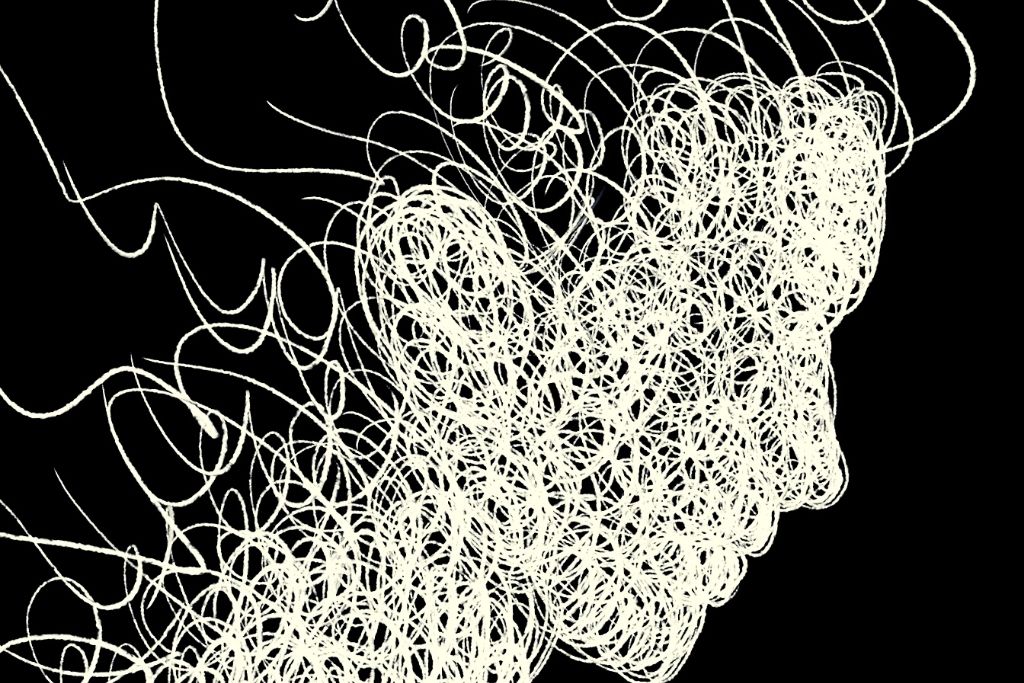

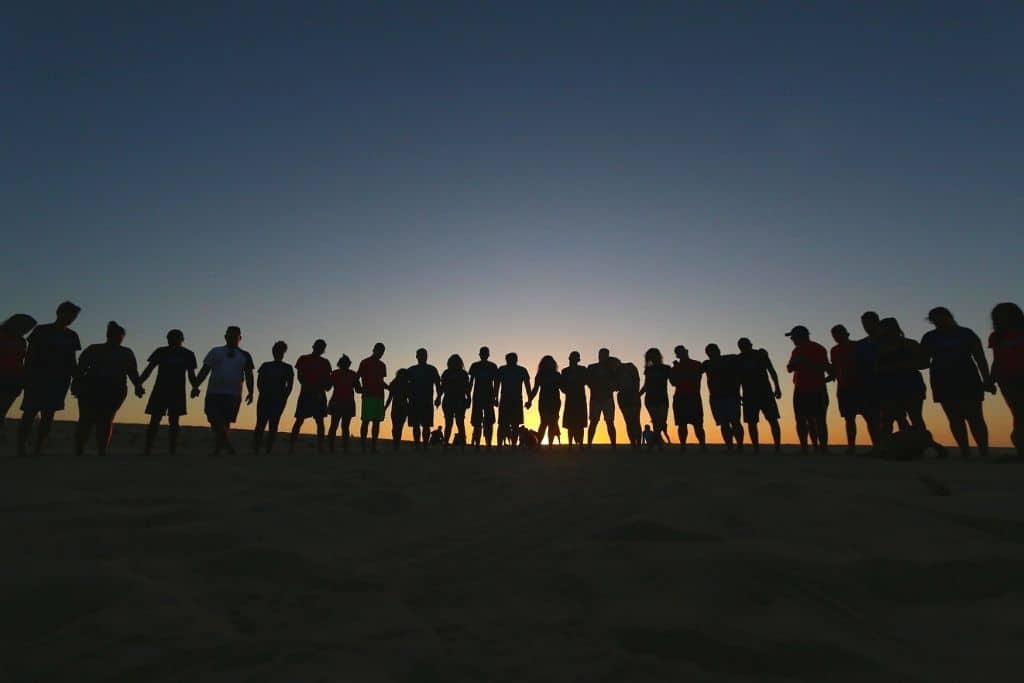
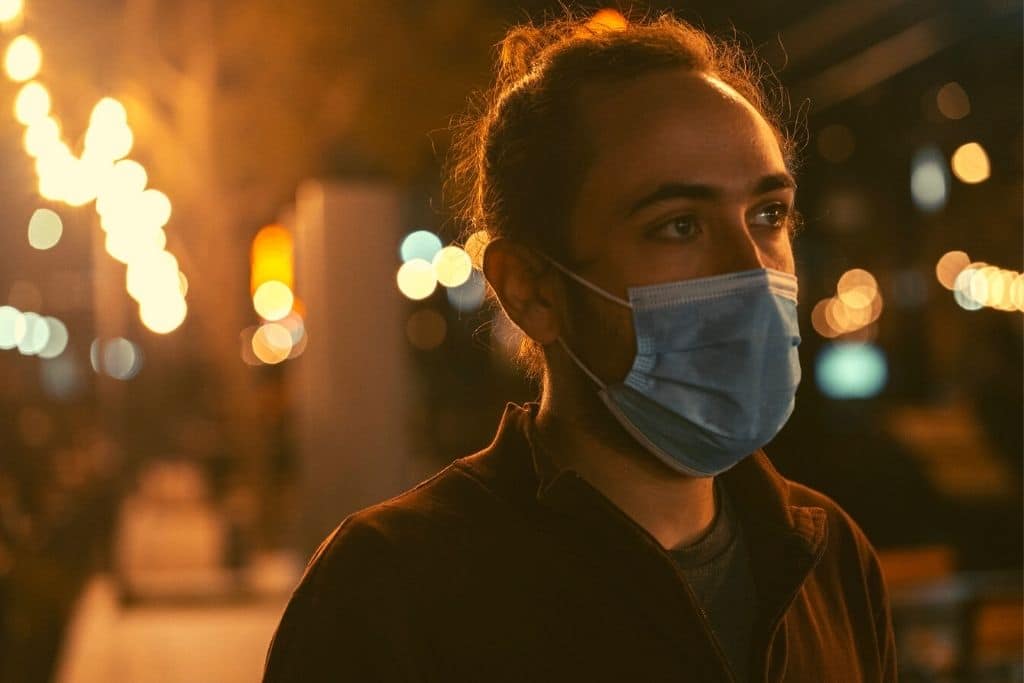

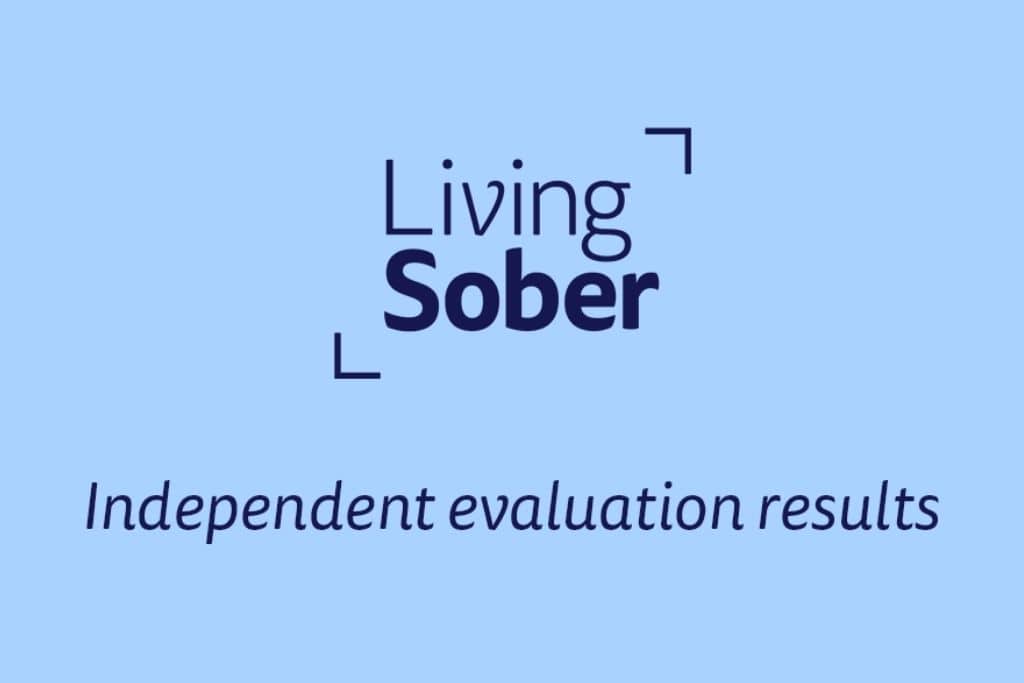
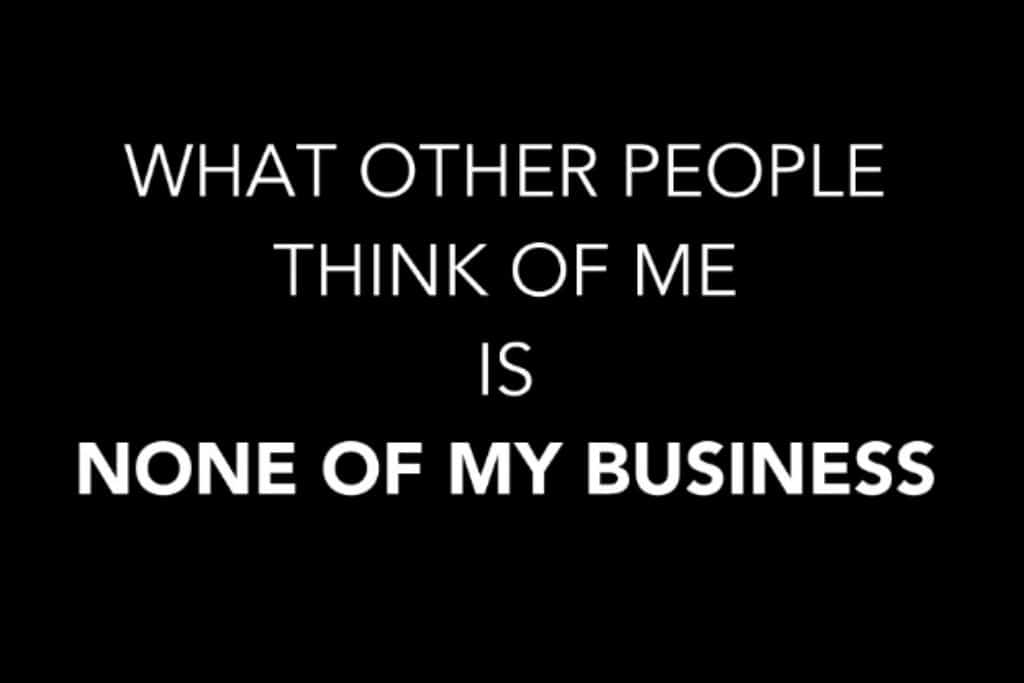
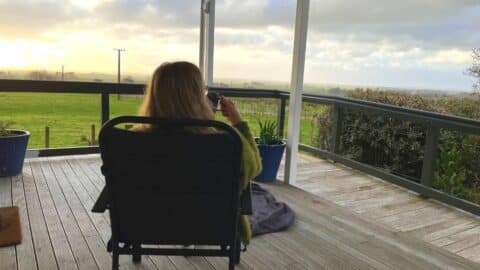



nice blog. to know more about quit drink click on the link. https://www.drinklesslivemore.com
Very good article.To know more about,click here https://www.drinklesslivemore.com
Havenoffreedom is one of leading alcohol Treatment Company providing wide range of sober living home, alcohol treatment and drug treatment service in Australia.
For me, I think it’s the approach of, “it’s going to take a village”. I attend 2 AA meetings each week. Both women’s meetings. I just recently started with an AA sponsor, this woman has 25 years of sober living, I see a therapist regularly, & now I’ve found this great cyber/sober world. Each part is bringing so much value to my life.
Jxx
Just want to give you a heads up that the messageinabottle link is not pointing to the right site.
Oh, you’re right! It was linking to some gift site of the same name and not Paul’s wonderful blog… thanks for that I have fixed it now… (substance.com’s mistake, not mine!!)
Online support can be a valuable tool in recovery. I REALLY wish I had had something like this site or Mrs D’s blog when I was quitting – I searched at the time and didn’t find anything that really resonated with me. BUT – I have found online support in recovery from an eating disorder (yep, the ultimate conundrum – the anorexic in you is terrified of the calories, and the alcoholic in you tells you it is worth it, dammit, for a few wines…just so long as you burn it off on the cross trainer tomorrow…). The support and understanding of others who have gone through similar things is so validating – it is SO hard to really explain to someone who has not experienced the “pull” of alcohol (or whatever your thing is) so that they understand what you are going through.
Hu Lucretia, hey well done. Hard struggle eh? Glad to hear that you found ED support groups helpful too.
i am the same. when i gave up drinking there was nothing like this. i recovered by finding groups for anorexia
Mrs D and the other blogs that I now follow, as well as this website have truly changed my life. I have worried about my drinking for years, but felt alone and like many others didn’t really identify myself as an alcoholic so wasn’t sure about how to seek help. I now know that I am not alone and am reading blogs and some of the books mentioned here every day. Starting to lurk a little less and comment a little more! There is incredible comfort knowing that I am part of this amazing community…Many days it’s still very hard but I just keep getting on to these sites, several times a day and stocking up on the goodness and inspiration. Without this community I would still be drinking!!! Day 46 for me xx
It’s great that goverment agencies are supporting, and I expect, funded this amazing website. Website’s don’t come cheap. A great investment all round, and certainly a win/win for us all.
This is a very lonely and private battle and a website can’t cure you…… but it certainly helps.
It can indeed be lonely. I try to comment when I think I have something worthwhile to offer but the benefits I’ve received from the website have been primarily passive, very little interaction re my updates or comments. In a way it’s empowering to be responsible for my own recovery while realizing, by reading others’ experiences that although I am, in fact, alone, my shortcomings are far from unique and are not insurmountable. Day 24 and going strong.
It is a lonely battlefield in the mind for sure. 2 voices competing – the one that knows the booze is bad and the one that knows the booze makes so many things seem better. The website does help. To have a jolly good moan, to see that your experiences are similar to others and to gain strength when your resolve starts to wane. If only the website could cure us – it would avoid the rollercoaster of emotions that this journey brings. Stay strong and stay close to the community.x
You’re absolutely right. It’s a combination of factors that are helping me. Originally Mrs D; then the blog; the website; the on-line interaction; being so public (scary!) about my problem; making personal promises on the blog; support of my family; and a biggie of course has been my own resolve to quit. I had had enough of the shame, the guilt, the wasted days and nights, the wasted money, the lies, the deciet, and the hangovers. It’s not over by any means. I’ve still got a long way to go. But now I’ve started, I intend to keep going. Well, for today anyway… Always today.
I think online communities will complement in-person support for many and might be the only source of support for some. You can only truly get it, if you have been there (I still can’t quite say the A word) and the people in our lives don’t necessarily get it. My online community does and it feels like I have gained a bunch of besties in a week. Go us.